HubSpot vs. Salesforce: Which Is Right for Your Business in 2025
Advertisement
Any company depends on selecting the correct CRM system to handle its client contacts. HubSpot and Salesforce are two of the most often used choices available nowadays. Both systems provide tools to help companies manage customer service, marketing, and sales. However, they address various needs. Usually commended for its easy-to-use design, HubSpot is perfect for startups or small companies.
Conversely, bigger companies with more complicated needs choose Salesforce because of its strong customizing powers. Businesses choosing between these two CRM Reasonably easy interfaces in 2025 must weigh money, scalability, and usefulness. In this article, HubSpot and Salesforce will be compared across important aspects, costs, and customer service to assist you in deciding which platform best fits your company's needs.
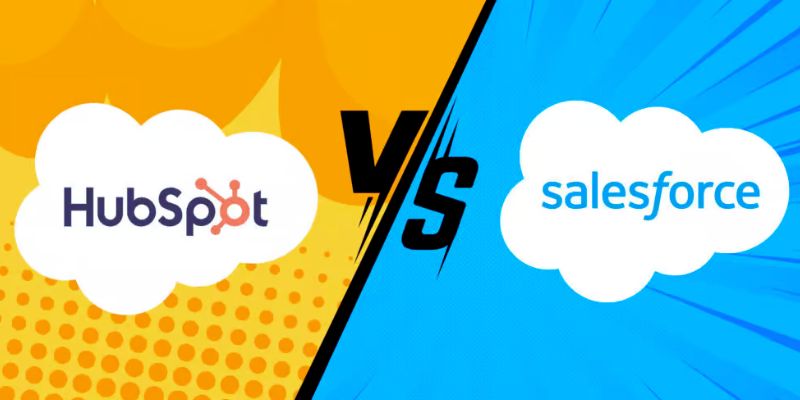
Comparing HubSpot and Salesforce: Which CRM Is Best for You?
The key differences between HubSpot and Salesforce help you decide which CRM best suits your business needs:
Key Features Comparison
Examining HubSpot and Salesforce initially helps one to weigh their main characteristics. Both systems offer means for tracking sales, organizing consumer data, and automating marketing. HubSpot is a great choice for companies with low technological knowledge since its tools are straightforward. All housed on one platform, it provides lead management, email marketing, and marketing automation. Conversely, Salesforce gives a wider spectrum of tools for personalizing. Its marketing, service, and sales clouds are flexible enough for big businesses. Salesforce is also a perfect fit for companies with complicated needs since it facilitates connection with thousands of outside apps. While both systems provide mobile apps, Salesforce's more sophisticated interface offers deeper analytics and reporting features.
Ease of Use
Simplicity is HubSpot's strongest suit. Users of the reasonably easy interface can start without much instruction. It is meant for companies who wish to start right away. Small businesses would find HubSpot's free tools ideal, as the platform offers many instructional materials, including a knowledge base and tutorials. Salesforce is more nuanced. It could require more time to understand, even if it gives more freedom and capability. To personalize and apply this completely, Salesforce calls for more technical knowledge. Once set up, it can offer skills and deep insights HubSpot cannot equal. HubSpot is the solution for companies that prioritize simplicity and ease of use. Salesforce could be the best option if you have a committed IT staff and require sophisticated capabilities.
Pricing Plans
Selecting a CRM system depends much on pricing. Small companies would find HubSpot's free package with minimal CRM capabilities appropriate. HubSpot has many premium tiers that incorporate more sophisticated capabilities as you scale. Your expenses are clear; companies pay for what they use, and the pricing is open. Pricing of Salesforce is more complicated and sometimes more costly. Salesforce provides several products for various company requirements, and the price relies on your particular strategy. Although the base designs could be reasonably priced, adding extra features or personalizing could greatly raise the expenses. Companies must thoroughly assess their needs to guarantee they maximize their value for the money.
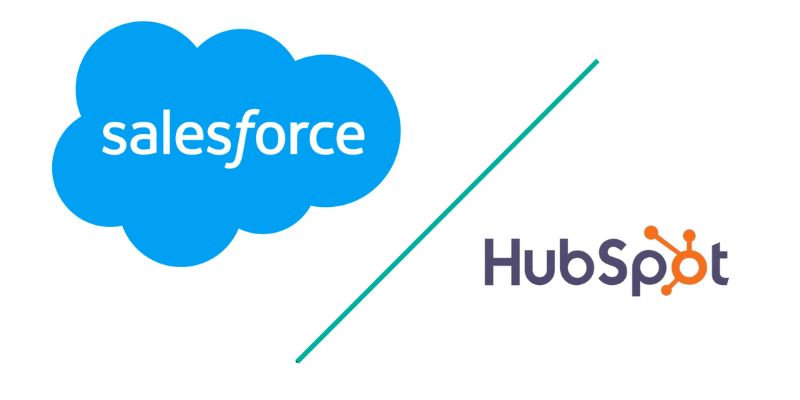
Customization and Scalability
For companies that need great customization, Salesforce is usually the preferred tool. Its open API and extensive integration choices make it nearly suited for almost any corporate purpose. Also quite scalable, Salesforce is appropriate for companies of all kinds. Salesforce can expand your business, helping with sophisticated processes and big-scale operations. HubSpot is less configurable than Salesforce. It provides few choices for deep personalizing since it is designed to operate. However, with certain restrictions, HubSpot is still scalable and can handle companies as they expand. HubSpot is a great tool for small to mid-sized companies seeking scalability without sophisticated customizing.
Customer Support
Selecting a CRM system also takes much thought on customer assistance. HubSpot provides first-rate customer care through email, phone support, and live chat. They also offer a large body of materials like help articles and forums. Common questions are easily answered in the HubSpot community since it is vibrant and helpful. With 24-hour phone and internet access, Salesforce also provides strong customer service. Salesforce is frequently hailed for its high-level enterprise support—personalized account management for big customers, among other things. Salesforce is a wonderful choice for companies needing committed support. Smaller companies, meanwhile, could find HubSpot's degree of service more approachable and useful.
Integration with Other Tools
Strong integration features abound from both HubSpot and Salesforce. HubSpot connects easily with Google Workspace, Microsoft Office, and many other well-known programs. It also has a large market where consumers may locate programs and integrations that fit their demands. Being very flexible, Salesforce enables a great spectrum of integrations. Especially via its AppExchange marketplace, it ties in almost any tool or service. Setting up these integrations, meanwhile, might be more difficult and might call for professional assistance. If your company depends on outside products, Salesforce offers a wider spectrum of integration choices. For basic connectors, however, HubSpot is far simpler to use.
Which Platform is Right for You?
Ultimately, your company's size, budget, and requirements will determine which of HubSpot and Salesforce best fits. Small to mid-sized companies seeking an inexpensive, simple-to-use CRM with basic capabilities will find HubSpot perfect. Its free plan and simplicity make it a fantastic base for companies just starting to use CRM systems. Larger companies with complicated needs might be more suited for Salesforce. For companies with more technical skills and funding, its capacity for scaling and customizing makes it the appropriate alternative. Salesforce is the obvious champion if you require sophisticated capabilities and thorough analytics.
Conclusion:
In conclusion, your company's size, needs, and budget will determine whether you use HubSpot or Salesforce you choose. Small to mid-sized companies looking for a simple, reasonably priced CRM with the necessary capabilities will find HubSpot perfect. Its free plan and simplicity make it a perfect basis for businesses starting with CRM systems. Conversely, Salesforce is more appropriate for bigger companies with more budget and complicated needs. For companies needing sophisticated capabilities and in-depth analytics, its scalability and customizing choices fit them perfectly.
Advertisement
Related Articles
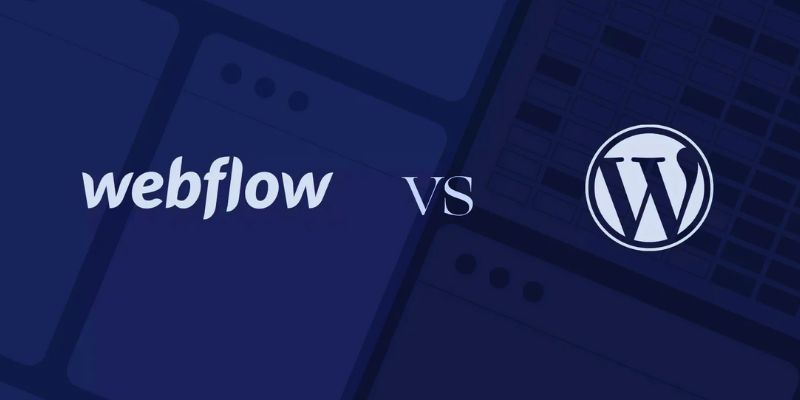
Choosing Between Webflow and WordPress for Your Website in 2025

MailerLite vs. Mailchimp: Which Email Marketing Platform Wins in 2025

Copilot or ChatGPT: The Ultimate 2025 Guide to Choosing the Right AI Chatbot

6 Audio Player Apps on Android That Don’t Waste Your Time

Top 5 Deployment Automation Tools Developers Rely On
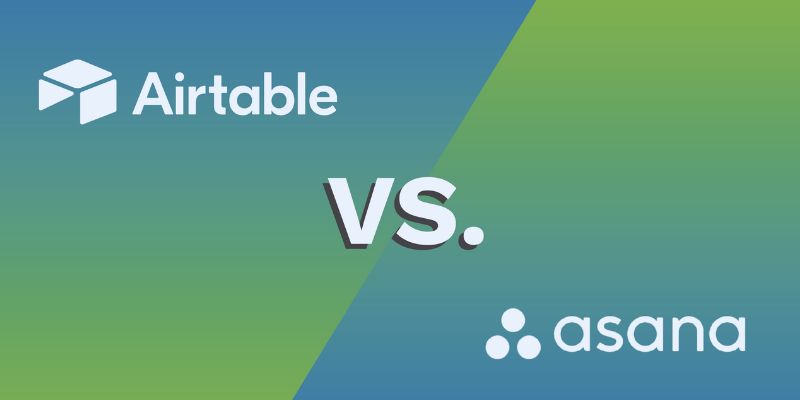
Comparing Airtable and Asana in 2025: Which Tool Should You Choose
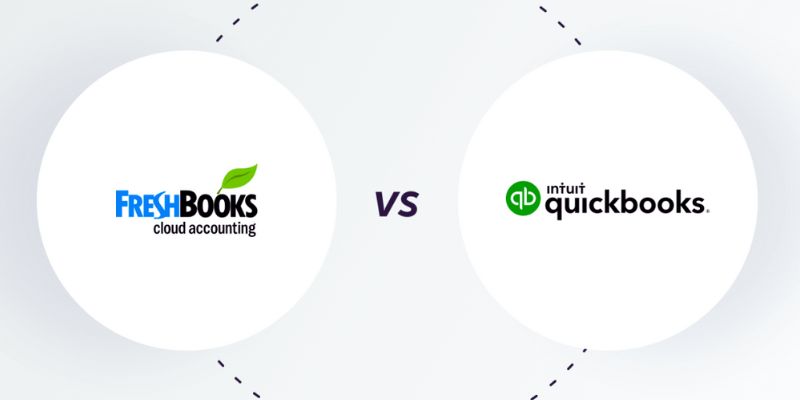
FreshBooks vs. QuickBooks: Which is Best for Your Business in 2025

The 10 Most Reliable Open Source Platforms for Online Assessments
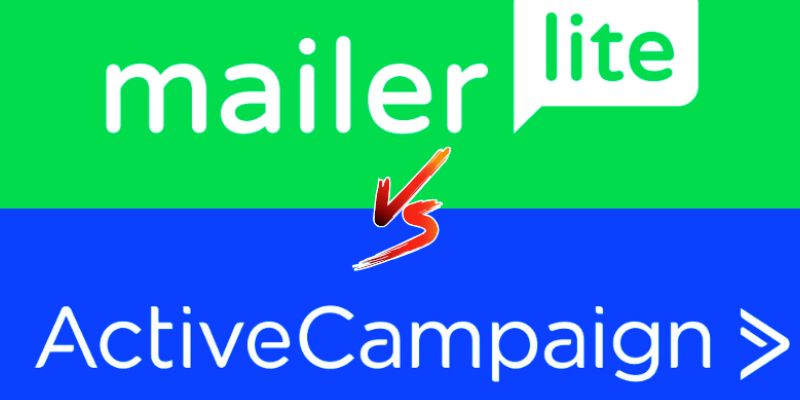
MailerLite vs. ActiveCampaign: Which Email Automation Platform Wins in 2025
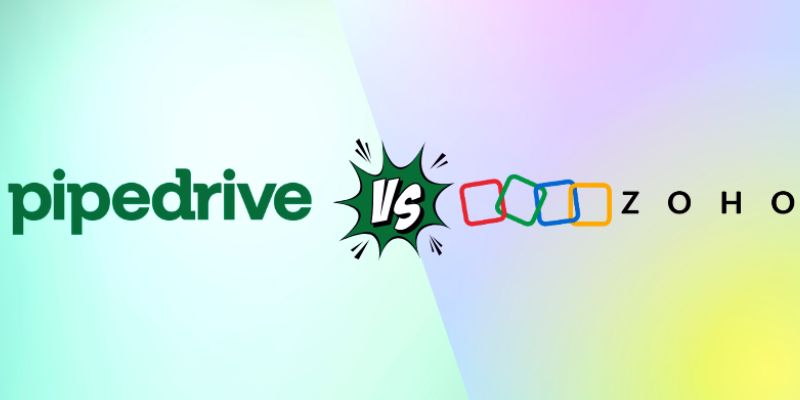
Pipedrive vs. Zoho: Which CRM is Best for Your Business in 2025
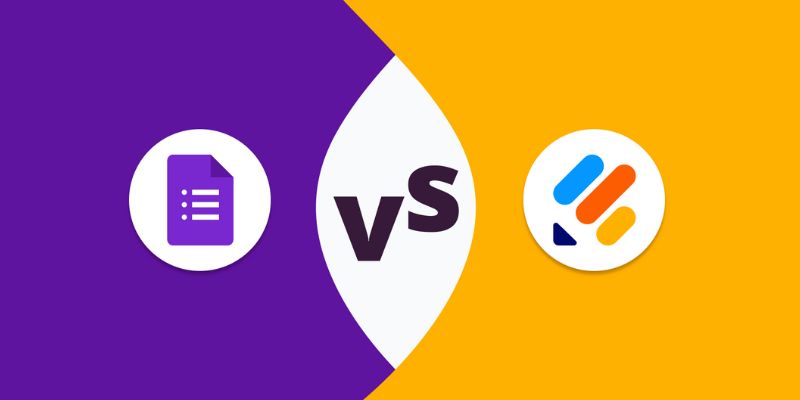
Choosing Between Google Forms and Jotform: Which Is Right for You in 2025

 novityinfo
novityinfo